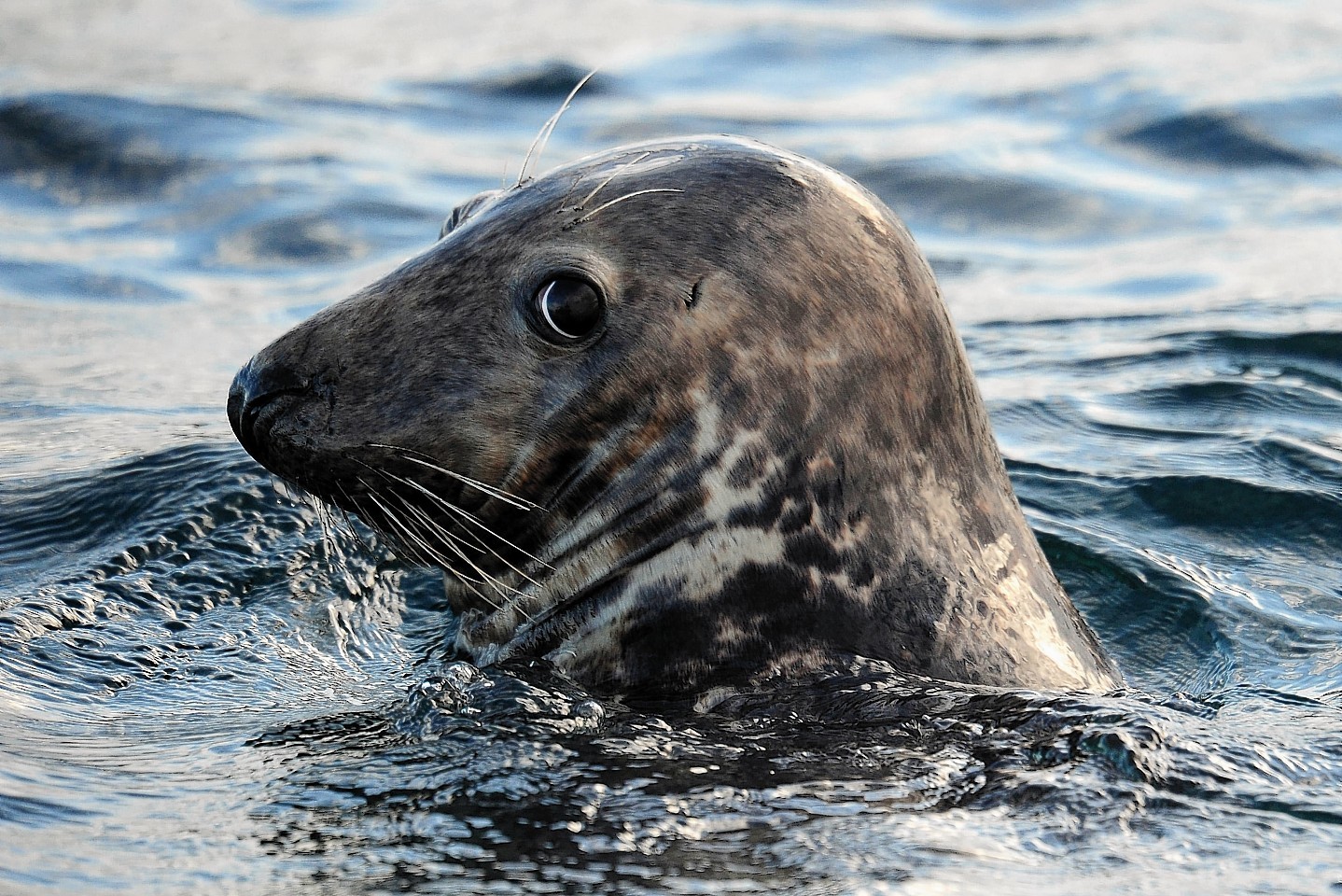The best efforts of Scottish scientists to track and study fish are being undone by seals.
The wily mammals are using the electronic signals produced by tagging devices to find their next meal.
Marine biologists at St Andrews University have discovered that grey seals can eavesdrop on the sounds and use them to their advantage in their quest for food.
And the research team has warned the so-called “dinner bell” effect could be skewing scientific findings for a range of studies looking at fish movements and behaviour.
Data on fish stocks is key to the setting of annual catch quotas, so the revelation that seals may be interfering in the process poses a major challenge for the scientists collecting it.
Scientists worldwide are using small tags to mark and study fish at sea.
These tags produce pinging sounds which allow researchers to track and follow fish.
But it seems the scientists may have company when it comes to interpreting the noise.
To see if seals listened in, the St Andrews University researchers created a maze of boxes to hide fish.
Most boxes were empty, but two contained fish, one with a pinger and one without.
Seals found the pinging fish much faster than the silent one, showing a clear use of the sounds provided by the scientific equipment.
The research was carried out by Amanda Stansbury, Thomas Gotz, Volker Deecke and Vincent Janik at the university’s sea mammal research unit.
Ms Stansbury said: “The seals found the tagged fish sooner and with less searching than the fish without a tag.
“This means that the seals learned to use the sound from the pinging tags to find where their food was hidden.
“This tells us that seals can exploit new sounds, such as fish tags, and use them to their advantage.”
She added: “We expect that other marine mammals are similarly able to use such information to find prey.
“Tagged fish may be more detectable by predators, which could impact on the results of fish studies.
“When we make noise in the sea, we need to consider how animals are affected.
“Our results show that such effects can be complicated. In our case, they were beneficial to the seal, but bad for the fish.”
